People across Tayside and Fife are struggling to get a good night’s sleep – with worries, pain, snoring and night sweats among the reasons.
We launched our sleep survey to uncover the sleep habits of people across the area.
And, given how important sleep is for overall health and wellbeing, the picture was concerning.
More than 300 people responded – with 62% saying the quality of their sleep is affecting their lives.
Some are getting fewer than four hours’ sleep a night, which they say makes them “anxious”, “irritable” and “not as good at my job”.
Sleep was rated quite poor or very poor by 57% of those who took the survey while 43% said their sleep was quite good or very good.
The majority say their sleep is now worse than during the pandemic, lockdowns and throughout 2021 – despite being kept awake during Covid with “anxiety” and “worries about family”.
Now, issues disturbing locals’ shut-eye include “worry about the cost of living“, “getting up to go to the loo”, “chronic pain” and “menopausal night sweats”.
The most prevalent sleep issue is broken sleep and waking through the night – with children, other family, pets and even noisy neighbours being cited as the cause.
Waking too early and not being able to sleep again came in second.
What keeps most people awake regularly?
But it was anxiety and being unable to switch off, or a partner snoring, that most people found interrupted their sleep on a regular basis.
And the impact on their wellbeing was clear, with one local telling us: “I have general fatigue, low energy, depressed or overwhelmed mood throughout the day.”
Another explained: “If I’ve not slept long enough, I get tired early evening which can cause stress as I need to get household jobs done, washing, ironing etc.”
But those sleeping well felt “energised” in the morning, telling us: “I feel healthy and rested in the morning because I have a good bedtime routine” and “sleep is a ‘given’ for good health”.
Sleeping in separate rooms
When it comes to sleeping apart from a partner to help either one sleep better, 14% say they’re already doing this to get a good night’s sleep.
But the jury was split down the middle on whether they’d consider sleeping in separate rooms – with 37% saying yes and the same number saying no.
As well as snoring partners, the use of screens and phones before bed was highlighted as something that interfered with their sleep.
Keeping screens out of the bedroom was a top tip shared by respondents, as well as keeping a bedtime routine and listening to sleep sounds or music to drift off.
Interestingly, 24% had tried sleeping pills to get to sleep. But most say they turn to Google before consulting their GP.
And knowledge of local support for sleep problems is limited.
Alyson O’Brien is head of sleep services at Sleep Scotland, which provides support for families in Scotland with children aged 18 months to 18 years old.
She says: “We saw a 25% increase in demand for support from families during the first year of the pandemic, and the demand hasn’t reduced since then.
“Many were reporting Covid-related anxiety and lockdown restrictions as the main cause of sleep issues.
“While this has reduced, we are still seeing lasting effects.
“For adults, there is a free app available across Scotland called Sleepio – where people can do online behavioural therapy to help improve their sleep.”
Support and advice for sleep issues is also available from NHS Tayside here and Sleep Scotland.
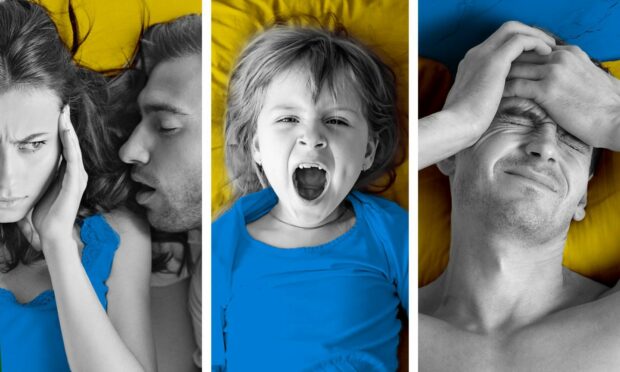
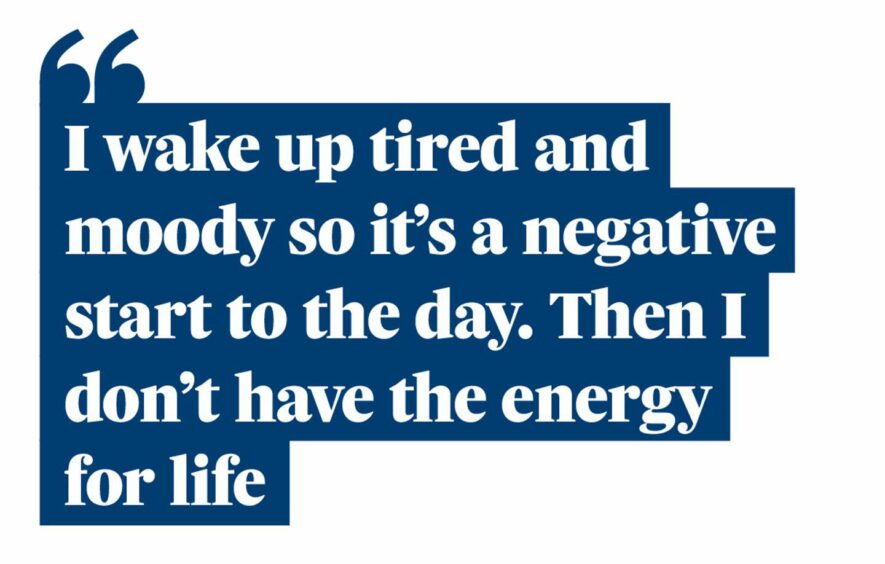
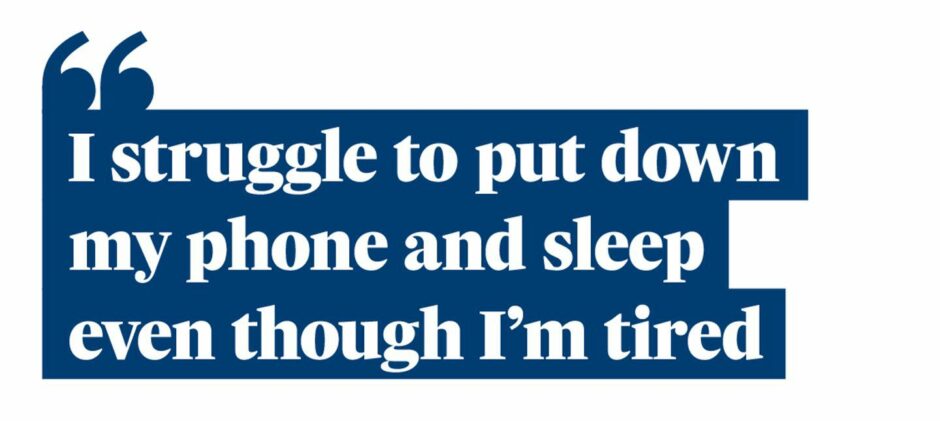
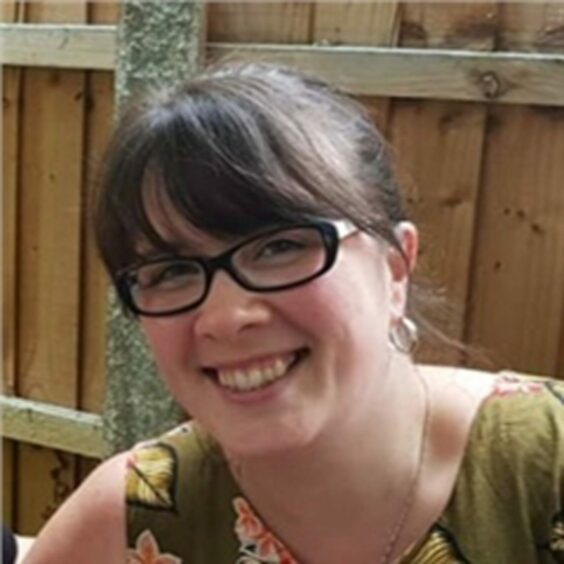
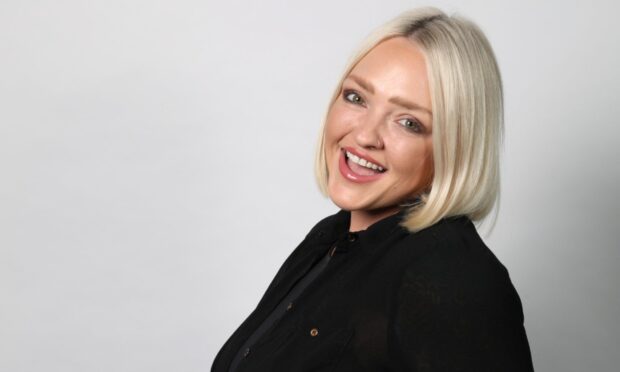









Conversation